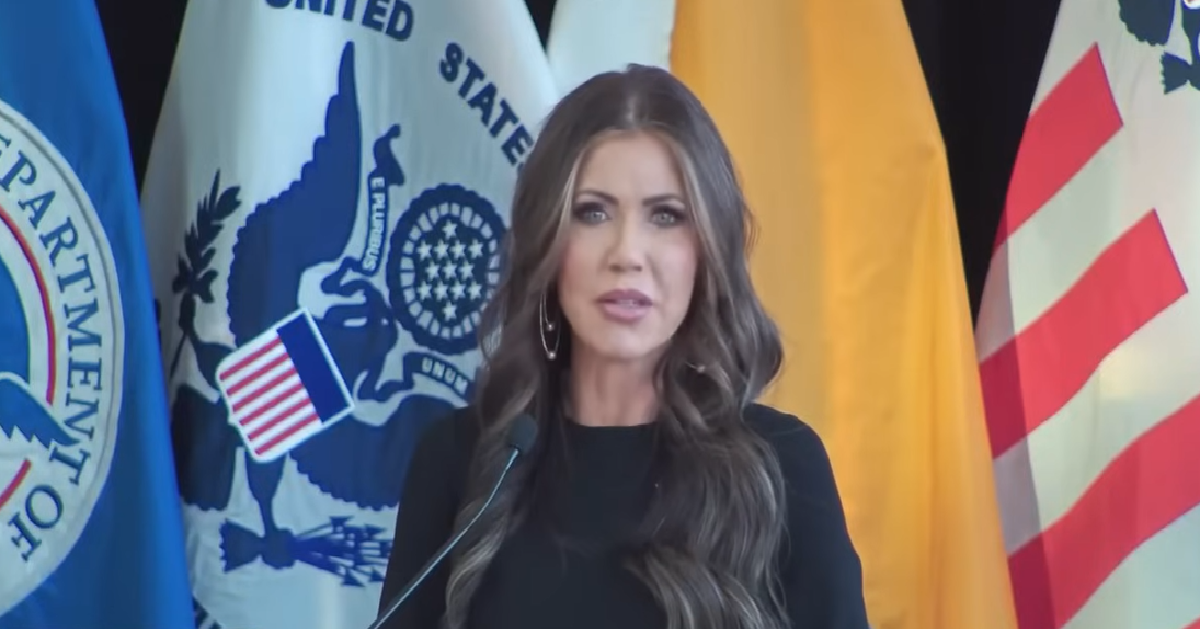Harris campaign insiders admit she was denied spot on popular YouTube show
As Democrats continue their mournful post-mortem on what went so terribly wrong with Kamala Harris' presidential campaign, one area of difficulty that keeps resurfacing is that of podcasts and streaming shows – a format used to great success by her Republican rival, Donald Trump.
This week, leaders from Harris' campaign even went so far as to admit that the vice president was rejected as a guest on the well-known YouTube show Hot Ones, a show that may have helped her court the younger voter demographic desired by both candidates, as the Washington Examiner reports.
No wings for Harris
Three key Harris campaign advisers, David Plouffe, Jen O'Malley Dillon, Quentin Fulks, and Stephanie Cutter, all sat down with the Pod Save America crew to discuss the campaign and what they believe might have brought about a better outcome for Democrats.
Dan Pfeiffer, one of the podcast's hosts, raised the issue of nontraditional media in the 2024 campaign, saying, “It was my understanding that you guys wanted to do a bunch of the larger, more popular, not specifically political podcasts,” mentioning Hot Ones as one such show.
Pfeiffer opined, “Never in time has there been a candidate better suited for a podcast than Kamala Harris on Hot Ones.”
To the campaign's great chagrin, however, the hosts of Hot Ones, a show in which guests discuss various issues while indulging in progressively spicier chicken wings, did not seem to agree with that assessment.
Cutter replied, “I think if I remember correctly, on Hot Ones, they didn't want to delve into politics. Hot Ones, which is a great show, they didn't want to do any politics, they weren't going to take us or [Trump],” seemingly confirming the rejection of the VP's overture.
No Rogan, either
Harris' potential outreach to new, perhaps more youthful voter groups also faltered when it came to her campaign's failed appearance negotiations with popular podcast The Joe Rogan Experience, a highly influential program boasting a massive audience.
Earlier this month, it emerged that Harris' potential appearance with Rogan was scuttled by young, progressive campaign staffers who did not want the vice president to appear on a show they thought might alienate the Democratic Party base.
Longtime Democrat campaign strategist James Carville held little back in his assessment of that decision, as Fox News noted, saying, “The vice president was thinking about going on Joe Rogan's show and a lot of the younger, progressive staffers pitched a hissy fit.”
He continued, “When you put a campaign together and you hire young people to do work, let me tell you exactly what you tell these people. What I would tell them: 'Not only am I not interested in your f***ing opinion, I'm not even gonna call you by your name. You're 23 years old, I don't really give a s**t what you think.”
Carville went on, “And let me tell you another huge error, a huge f***ing error that was made is when people said, 'Campaigns need to reflect progressive values.' No, they don't. Campaigns are authoritarian by their nature.”
Trump dominates format
In stark contrast to Harris' floundering and unsuccessful approach to podcasts, the Trump campaign made masterful use of the format, drawing huge audiences on shows such as Theo Von's This Past Weekend, Bryson DeChambeau's Break 50, Andrew Schulz's Flagrant, not to mention The Joe Rogan Experience.
According to Trump campaign insiders, the driving force behind those blockbuster appearances was none other than the candidate's college freshman son, Barron Trump, who reportedly strategized with his father on which shows would appeal most to the voters he hoped to reach, proof that perhaps it is only young liberals who suffer from faulty instincts when it comes to the savvy use of new media.






